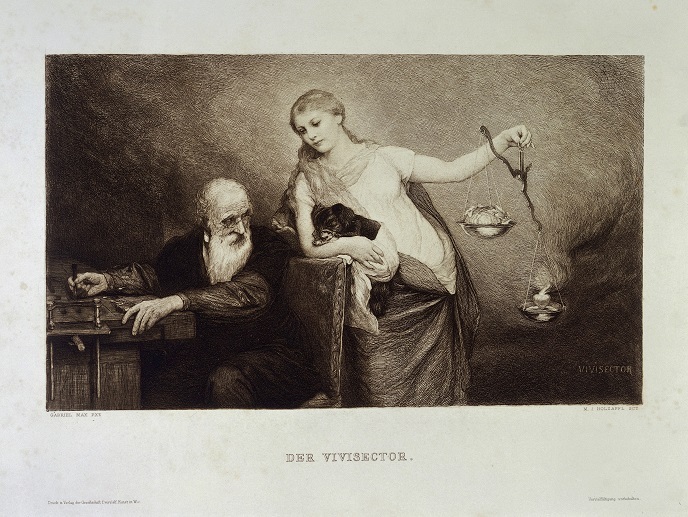Communicating medical knowledge at the fin de siècle
In a period when the role of medical education assumes a significant role for the general public, the EU-funded IDEM project offers insight into the pedagogical techniques and strategies of the medical establishment to persuade the lay public of the value of experimental medicine. The case studies include England, Germany and North America, from 1870 to 1914. Within this context, Marie Skłodowska-Curie fellow Rob Boddice co-wrote, with Mark Smith, Distinguished Professor of History at the University of South Carolina, a theoretical and methodological treatise, Emotion, Sense, Experience(opens in new window). Moreover, he wrote IDEM’s core monograph, Humane Professions: The Defence of Experimental Medicine, 1876–1914(opens in new window) (due to be published in February 2021), as well as a popular book, A History of Feelings(opens in new window), and a corresponding essay(opens in new window) for Aeon magazine that reached nearly 80 000 readers.
An adventurous research quest
A fire at the Osler Library of the History of Medicine at McGill University in Montreal made access difficult for a long period. This caused a postponement of a planned public exhibition of the project’s primary research materials, which was rescheduled to take place at an alternative site, only to be thwarted by the COVID-19 outbreak. Hopefully, it can still take place next year. On the other hand, intellectually, IDEM required the development of a new methodological framework – the new history of experience – which the researcher hadn’t quite anticipated at the outset. “This has major implications for how historians will do this kind of research in the future and is, in many ways, still in development,” says Boddice.
Measuring and understanding emotions
The field of the history of emotions has been in development since at least the 1980s. Boddice has played an active role in a crucial expansion of research in this area during the last decade. In the case of IDEM, his methodological innovation involved an entanglement of what medical scientists say to each other and to society with what they habitually do in laboratories, along with the ways they use networks of social influence and media manipulation to represent those practices. The public emotional response has been measured through sources that show medical appeals either being reflected or resisted. These take the form of writing in the popular press, involvement in lay pressure groups and political affirmation of their truth (or falsehood). Overwhelmingly, in the period under study, medical affective appeals for the humanity of experimental research seemed to hold sway over a minoritarian antivivisection appeal.
Next focus: patient experience
As a Senior Research Fellow at the Academy of Finland Centre of Excellence in the History of Experiences at Tampere University, Boddice is currently working on an edited volume with Bettina Hitzer on the experience of medicine and illness in a global historical context as well as a new project on the cultural history of placebo. “The Global Fellowship was an amazing opportunity, allowing me to work for two years in Montreal and to build a significant international network. The programme afforded the ideal conditions for productive research and knowledge exchange and I am indebted to the Commission for their support,” he concludes.



